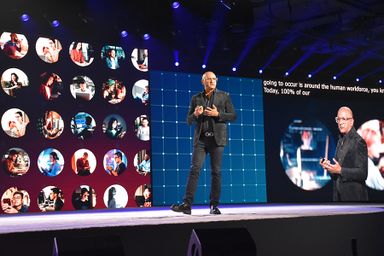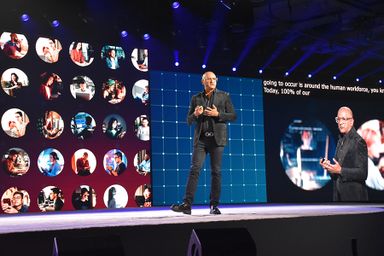Cisco set the tone at RSAC 2025 by announcing a significant open-source initiative aimed at securing AI’s future. Jeetu Patel, Cisco’s executive vice president and chief product officer, unveiled Foundation AI, a security-specific AI model trained on cybersecurity data. The model and its tooling framework are being open-sourced, allowing researchers to inspect, adapt, and fine-tune it.
Key Features of Foundation AI
- Powered by 8 billion parameters
- Trained on 5 billion carefully chosen tokens from a dataset of 900 billion
- Capable of running on just one or two A100 GPUs
Patel emphasized that security is now the biggest accelerator for AI adoption, not an inhibitor. The move is seen as necessary in a world shifting from human-scale security to machine-scale threats.

Other speakers at RSAC 2025 highlighted the importance of community and adaptability in cybersecurity. Hugh Thompson, RSAC’s executive chairman, called for unity and a ‘Bayesian mindset’ to update assumptions with new information.
The Future of Cybersecurity
Vasu Jakkal from Microsoft Security discussed the rise of agentic AI, predicting that by 2027, AI agents will predict attacks, adjust access permissions, and enforce security policies autonomously. She stressed that security models must evolve alongside AI capabilities.

John Fokker from Trellix highlighted the sophistication of ransomware gangs, such as Black Basta, which operate like full-fledged businesses with potential government backing. He emphasized that collaborative intelligence can outpace these adversaries.
The conference underscored that innovation alone won’t define cybersecurity’s future; community strength will be crucial as threats evolve and AI accelerates.


